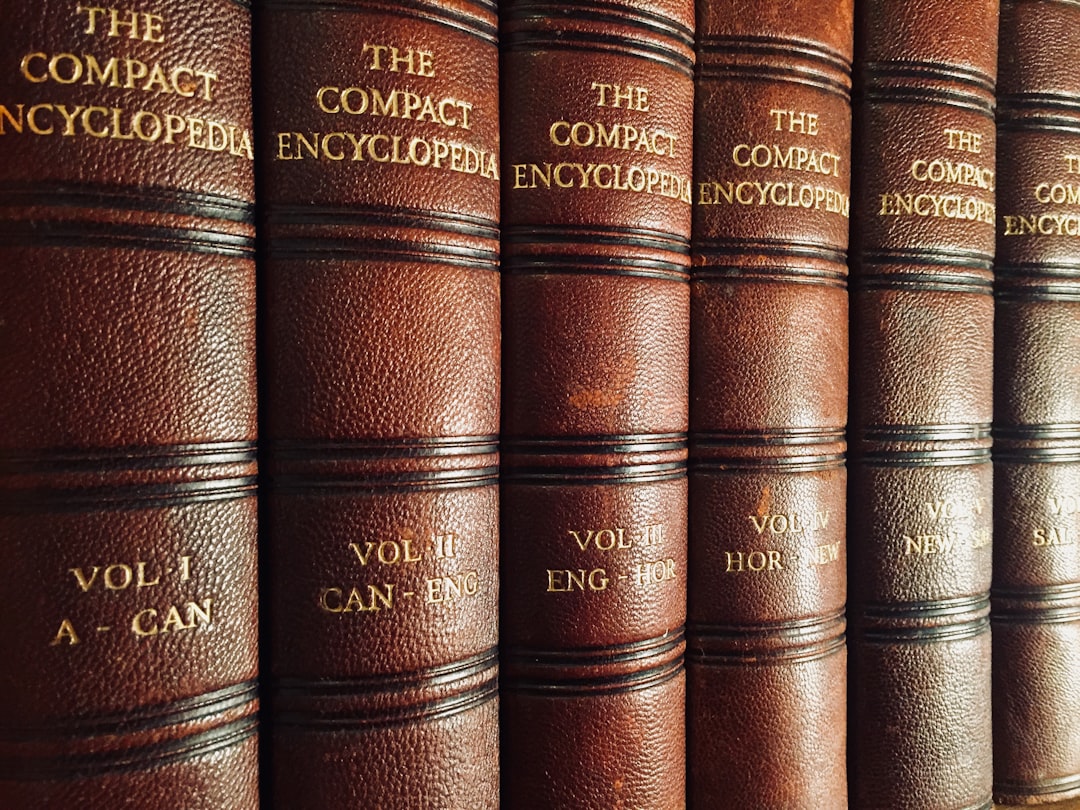Estate planning is a crucial step in ensuring that your assets are managed and distributed according to your wishes after you pass away. One essential element of estate planning is appointing a power of attorney (POA). A power of attorney is a legal document that gives someone else the authority to make financial, legal, and medical decisions on your behalf if you are unable to do so yourself. In the context of estate planning, a power of attorney plays a vital role in ensuring that your affairs are properly managed in case you become incapacitated.
There are several types of powers of attorney that can be included in an estate plan. A general power of attorney gives someone the authority to make financial and legal decisions on your behalf, while a special or limited power of attorney is more specific and only grants the agent the authority to make certain decisions, such as selling a specific property. A durable power of attorney remains in effect even if you become incapacitated, which is important for estate planning purposes.
One of the key benefits of appointing a power of attorney in estate planning is that it allows you to choose someone you trust to manage your affairs if you are no longer able to do so. This can provide peace of mind knowing that your finances and assets will be handled according to your wishes. Without a power of attorney in place, your loved ones may have to go through a lengthy and costly legal process to gain the authority to make decisions on your behalf.
In addition to managing your financial affairs, a power of attorney can also play a crucial role in healthcare decisions. A healthcare power of attorney, also known as a healthcare proxy, allows you to appoint someone to make medical decisions on your behalf if you are unable to do so. This ensures that your medical wishes are carried out and that you receive the appropriate care in the event of a medical emergency.
When appointing a power of attorney in your estate plan, it is important to choose someone who is trustworthy, reliable, and capable of managing your affairs. You should also clearly outline your wishes and preferences in the power of attorney document to avoid any confusion or disputes among family members. Regularly reviewing and updating your power of attorney is also important to ensure that it reflects your current situation and preferences.
In conclusion, a power of attorney plays a crucial role in estate planning by ensuring that your affairs are properly managed in the event of incapacity. By appointing a power of attorney, you can have peace of mind knowing that your assets and healthcare decisions will be handled according to your wishes. It is important to carefully consider who you appoint as your power of attorney and regularly review and update your estate plan to ensure that it remains current and reflective of your wishes.

